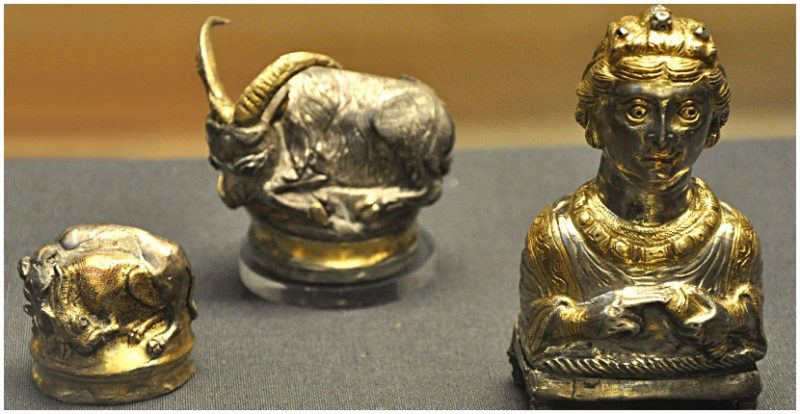Mindhunter Season 3 (2025) continues the gripping, chilling journey into the world of criminal psychology and serial murder investigations. Set in the late 1970s and early 1980s, the season picks up after the intense and traumatic events of Season 2, where the FBI agents and criminal psychologists deepened their understanding of the minds of serial killers, pushing the boundaries of their own mental and emotional endurance.

Plot: In this season, FBI agents Holden Ford and Bill Tench, alongside psychologist Wendy Carr, face the rising threat of increasingly complex and terrifying criminals. With the Behavioral Science Unit at the forefront of the FBI’s new criminal profiling division, the team is tasked with profiling and catching the most dangerous and elusive serial killers in the United States, at a time when the country is grappling with rising crime rates and public panic over unsolved murders.

The season delves deeper into the psychological toll of the job. Holden, still haunted by his obsession with the killers they interview, begins to lose touch with reality and his own mental health. Bill, dealing with the personal fallout from his work, struggles with his strained family life as his son’s behavioral problems continue to escalate. Wendy, who has always been the steady intellectual anchor, begins to question the ethical ramifications of their work and whether their growing involvement with the killers is causing more harm than good.

The season introduces new, terrifying criminals based on real-life figures from the era. These figures are more sophisticated and more dangerous, with motives and psychologies that challenge the team’s understanding of criminal behavior. As the agents delve deeper into the minds of their subjects, they face constant pressure from the FBI, the public, and their own personal demons. The line between what is professional and personal begins to blur, threatening the agents’ stability and the safety of those around them.
This season also explores the rise of the Golden State Killer (Joseph DeAngelo), offering a chilling glimpse into the hunt for one of America’s most notorious serial killers, which eventually led to his capture decades later. The hunt for this killer, among others, creates an overarching mystery, forcing Holden and his team to confront both their limits and the ever-evolving nature of criminal minds.

Themes: Mindhunter Season 3 deepens the exploration of the human psyche, touching on themes of trauma, obsession, morality, and the toll of constant exposure to violence. It also tackles the evolution of criminal psychology and how the pursuit of understanding these killers can change the agents forever. The season presents a dark, introspective journey into how their work begins to erode their personal lives and sense of self, even as they get closer to understanding the monsters they seek to catch.
As the team tries to push the boundaries of behavioral profiling, they encounter resistance from within the FBI and the public, who question their methods and motivations. The season portrays the difficulty of balancing the pursuit of justice with the emotional and psychological costs of the investigation, all while maintaining a somber, tense atmosphere.
Tone: Mindhunter Season 3 maintains the cold, meticulous pacing of the previous seasons, with an emphasis on psychological tension, intellectual conflict, and chilling interviews with killers that leave viewers on edge. The cinematography remains dark and atmospheric, with muted colors and a sense of bleak realism, reflecting the inner turmoil and the grim reality of the cases the agents are dealing with.
Ultimately, Season 3 is a meditation on obsession, the complexity of the human mind, and the enduring cost of chasing monsters—both the ones they hunt and the ones that begin to surface within themselves.
A Farmer’s Misplaced Hammer Led to the Largest Roman Treasure in Britain









